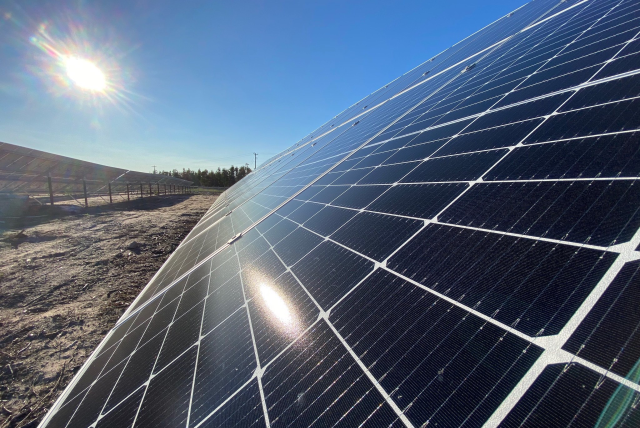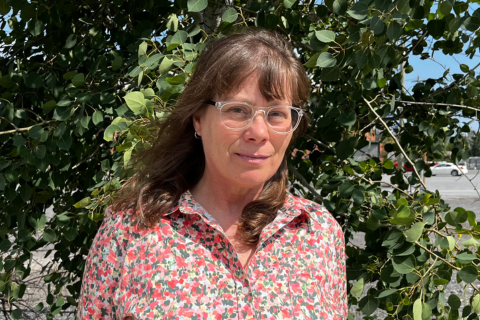For decades, remote communities across Canada – the majority of which are home to Indigenous Peoples — have been locked into a system of diesel dependency. With the combination of good policy and committed partnership, we can address this challenge in support of community ambitions for more reliable and resilient energy systems.
Renewables in Remote Communities
Supporting communities in their transition to sustainable, healthy, and affordable energy solutions.
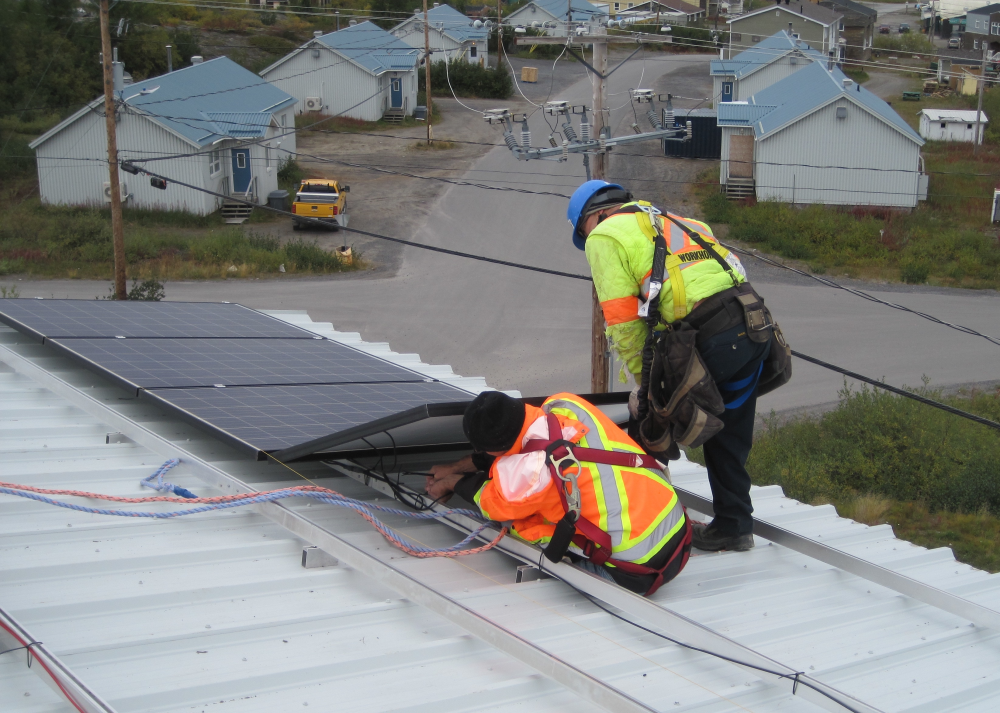
Remote energy costs remain high, even with subsidies
On average, remote communities pay six to ten times more for electricity and heat than other consumers. Without subsidies, energy costs in these communities would be 10–30 times more expensive. (See Diesel Subsidies — Simplified, Part I (2021))
Key Numbers
Diesel Reduction Progress in Remote Communities
Progress is being made on diesel reduction and the replacement of diesel-based energy systems with clean energy technologies and energy efficiency measures in remote communities across Canada. However, there are few estimates of the cumulative diesel reduction impact of combined renewable electricity, renewable heat and energy efficiency measures over the past several years. The Pembina Institute has filled this gap by collecting and quantifying cumulative national diesel reduction progress from 2015-2020.
Learn more.Research & Analysis

Lessons from Whitehorse: A spotlight on the remote transition to clean energy
Reflections from the fourth Renewables in Remote Communities Conference


The clean energy transition in remote communities
Five questions with the Renewables in Remote Communities program
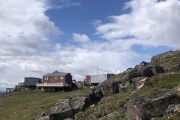
Diesel dependency: the hidden cost of living in remote communities
And how clean energy is changing the narrative

Remote communities deserve better than the diesel-spill status quo
Spills are yet another reminder of the costly impact of diesel reliance in remote communities across Canada
Why increase renewable energy in remote communities?
Renewable energy provides a pathway to energy security.
Across Canada, remote communities rely on diesel fuel to heat and power their homes. This reliance creates local health, environmental, and economic inequities for these communities.
The transition to renewable and clean energy disrupts this reliant relationship and provides a pathway for healthier communities, strengthens local decision-making, and advances federal, provincial, and territorial commitments toward climate action and reconciliation.
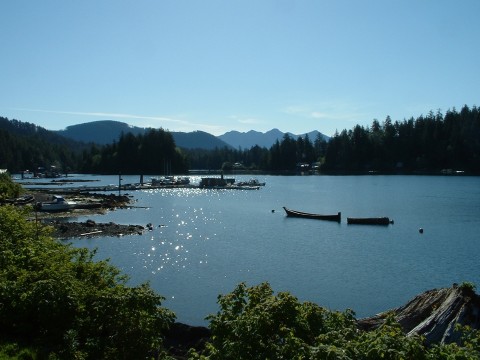
We support communities with their clean energy transition
The transition to clean energy will bring a wide range of benefits to remote communities. However, the work to get there is not easy.
We support remote and Indigenous energy leaders and communities as they embark on a clean energy transformation, by:
- Developing tools and resources;
- Holding workshops and webinars;
- Helping build technical and policy capacity in communities
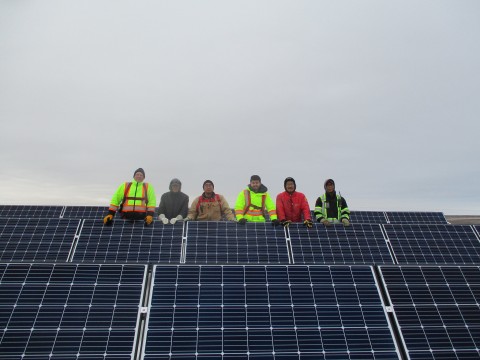
Our policy analysis, research and resources highlight opportunity
For over two decades, our Remote Communities Program has carried out extensive research on diesel reduction, clean energy financing, Indigenous rights, and more. Through this work, we highlight how the clean energy transition is full of opportunities for community and business development, and more reliable energy.
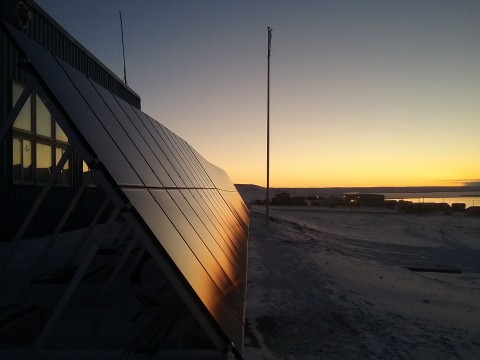
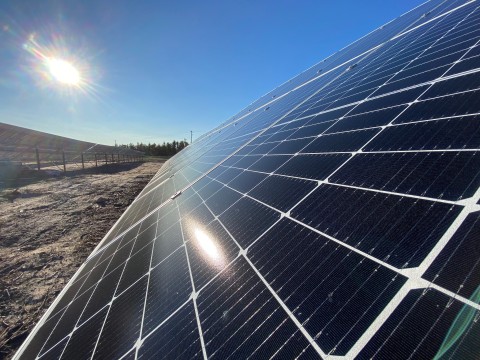

Secure fair prices for Indigenous-led renewable energy projects
Indigenous-led renewable energy projects bring environmental, economic, and social benefits to communities. Despite this, project funding and revenue streams do not fully reflect the associated value of renewable energy projects. Our research seeks to address these funding and policy gaps and advocates for fair and equitable energy prices.

Our Remote Communities Experts
Contact our Renewables in Remote Communities team
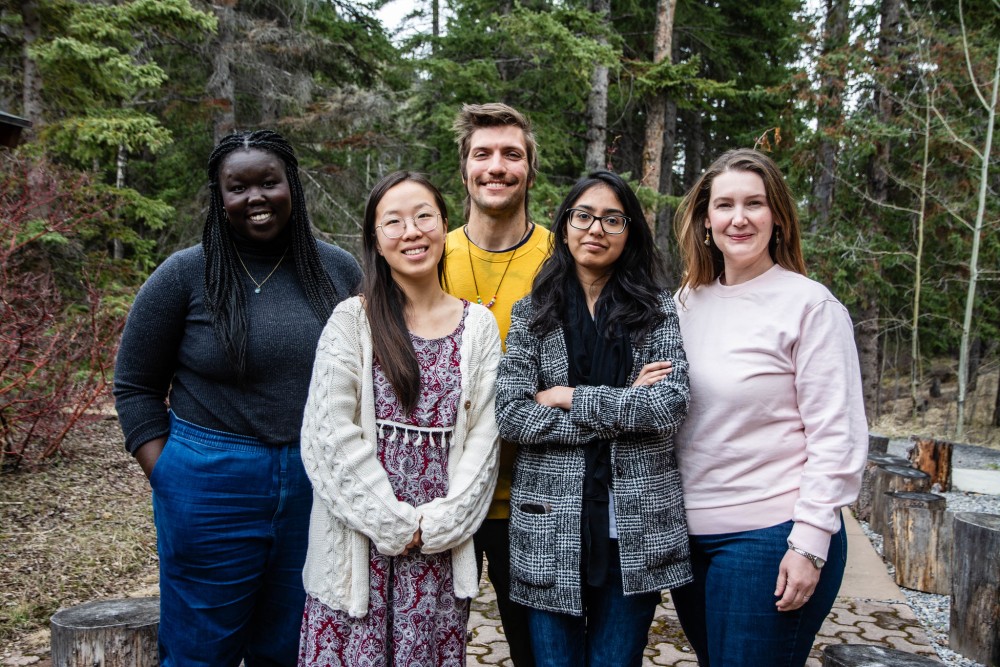
Program Director
Lynne Couves
c: 403-483-3850
e: lynnec@pembina.org
Media Contact
Bhan Gatkuoth (Mountain Time)
c: 587-742-0818
e: bhang@pembina.org
Get our Pembina Perspectives
Pembina Perspectives provides thoughtful, evidence-based research and analysis to support action on climate — in your inbox every two weeks.
We endeavour to protect your confidentiality; read our full privacy policy.
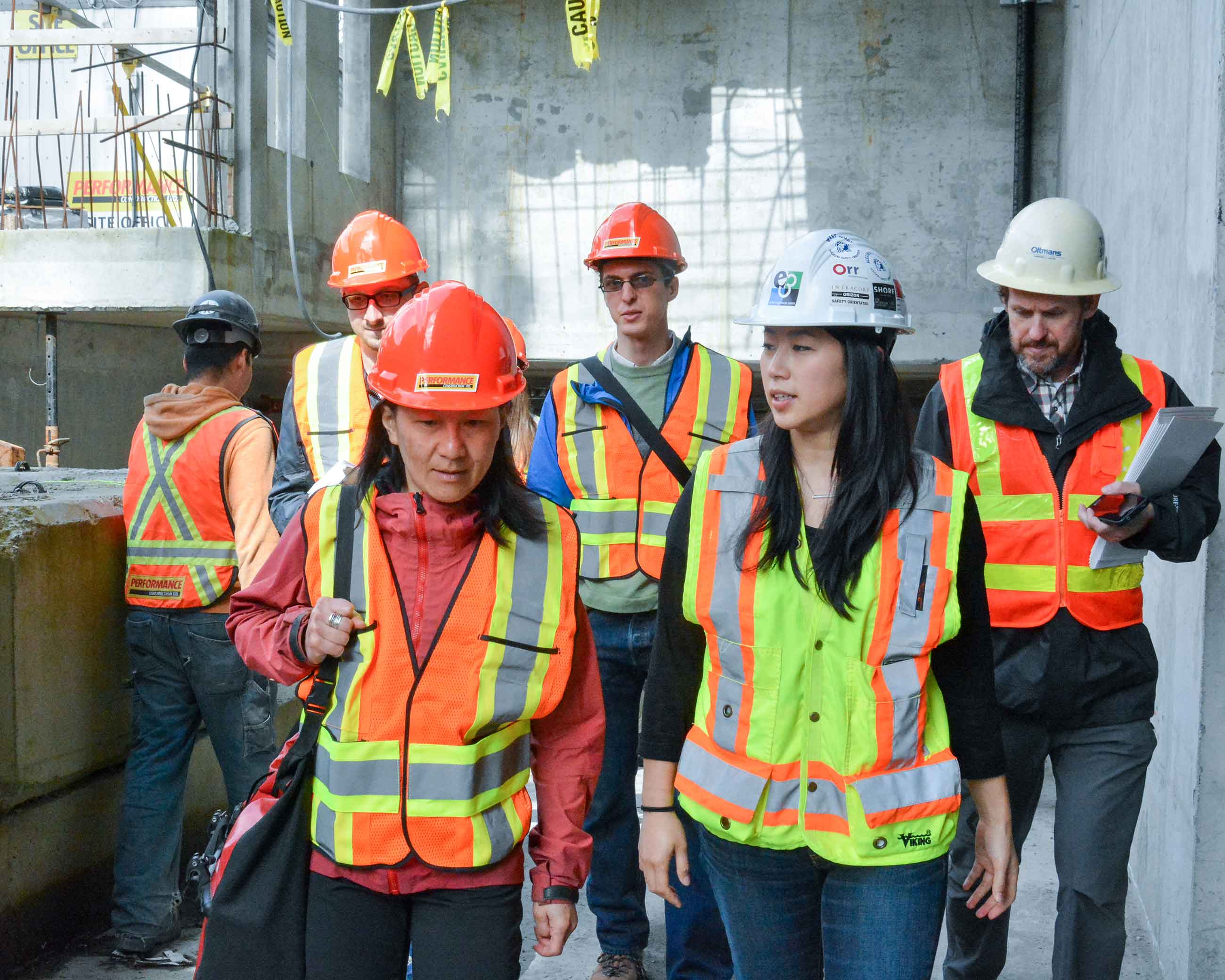
Support clean energy for all.
Help remote communities across Canada realize their net-zero vision.
